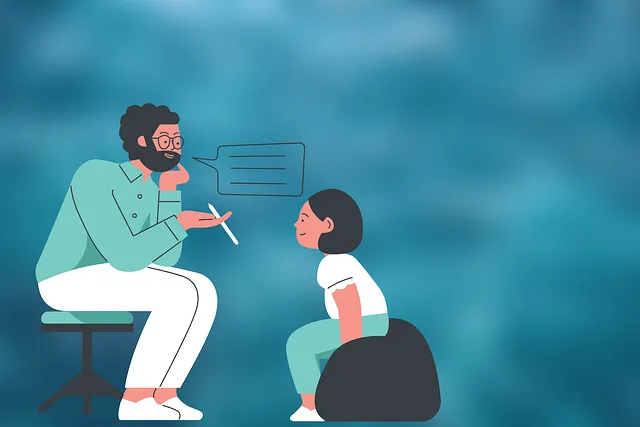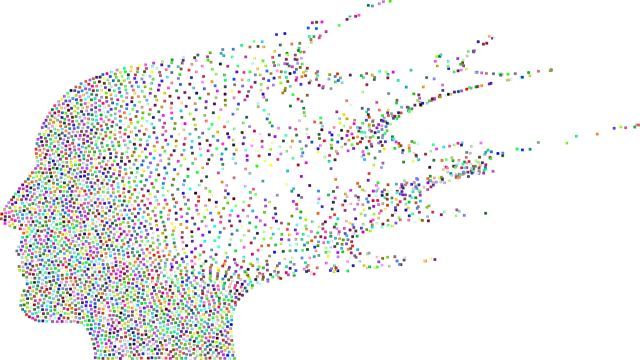The media's portrayal of mental health significantly influences public perception and response, with positive depictions encouraging help-seeking behaviors and negative stereotypes exacerbating symptoms. The Arvada Kaiser Permanente mental health appointment center is a leader in challenging inaccurate media representations through nuanced storytelling, diverse portrayals, and educational programs integrating real-life stories and self-care practices. They collaborate with media outlets to ensure destigmatizing portrayals, foster empathy, and showcase diverse recovery journeys. Community engagement, partnerships between healthcare organizations and media, and cultural competency training further enhance accurate mental health representation in the media.
Mental illness representation in media significantly influences public perception, often perpetuating stereotypes that hinder understanding and support. This article explores strategies to challenge these portrayals, focusing on the successful initiatives of Arvada Kaiser Permanente’s mental health appointment center. We delve into the impact of media on mental health perception, present their innovative approach, offer guidance for enhancing mental health coverage, and emphasize the importance of community engagement in transforming media narratives.
- Understanding the Impact of Media Portrayal on Mental Health Perception
- Arvada Kaiser Permanente's Approach to Promoting Accurate Mental Illness Representation
- Strategies for Enhancing Media Portrayal of Mental Health Issues
- Community Engagement and Collaboration: A Key to Challenging Stereotypes in Media
Understanding the Impact of Media Portrayal on Mental Health Perception

The media plays a significant role in shaping public perception about mental health, often influencing how individuals understand and respond to various conditions. Positive and accurate representation can significantly enhance Mental Health Awareness, reduce stigma, and encourage those struggling to seek help. Conversely, negative or stereotypical portrayals can perpetuate misgivings, leading to delayed treatment and exacerbation of symptoms. This is especially pertinent for conditions like depression, burnout, and other common mental health issues that often go undiagnosed due to societal barriers.
For instance, an Arvada Kaiser Permanente mental health appointment center benefits from media representation that promotes a nuanced view of mental illness. By showcasing diverse individuals seeking help without judgment, media can encourage similar behaviors, fostering a culture where conversations around mental health are open and supported. This shift is crucial in ensuring that people experiencing depression or burnout can access Burnout Prevention Strategies for Healthcare Providers, seek therapy, and ultimately, begin their journey towards recovery.
Arvada Kaiser Permanente's Approach to Promoting Accurate Mental Illness Representation

Arvada Kaiser Permanente has taken a pioneering approach to addressing mental health representation in media by focusing on accurate and nuanced portrayal through their dedicated Mental Health Appointment Center. This initiative aims to dispel myths and stereotypes often associated with various mental illnesses, fostering a more empathetic society. By integrating these efforts into their service offerings, the center ensures that individuals seeking support receive care that is not only effective but also reflects the diversity of human experiences.
Their strategy involves designing comprehensive Mental Health Education Programs that empower patients with knowledge about mood management and conflict resolution techniques. These programs challenge societal norms by presenting real-life stories and case studies, encouraging open dialogue, and promoting self-care practices. Through this proactive design, Arvada Kaiser Permanente is revolutionizing the way mental health is portrayed in media while offering practical tools for those facing these challenges.
Strategies for Enhancing Media Portrayal of Mental Health Issues

To enhance media portrayal of mental health issues, several strategic interventions can be implemented. One effective approach is to foster collaboration between media outlets and mental health professionals like those available at Arvada Kaiser Permanente’s mental health appointment center. This partnership ensures accurate representation by integrating expert insights into storylines, thus demystifying various conditions and reducing stigmatization. Encouraging open conversations about mental wellness through documentaries or feature stories can also contribute to a more empathetic society.
Additionally, media organizations should prioritize diverse storytelling, showcasing individuals from different backgrounds who have overcome challenges related to trauma and burnout. This strategy, supported by Burnout Prevention Strategies for Healthcare Providers, can offer valuable lessons and inspiration. Furthermore, incorporating practical solutions into narratives, such as suggesting Mental Wellness Journaling Exercise Guidance, empowers viewers with tools to manage their own mental health while promoting a culture of self-care and support.
Community Engagement and Collaboration: A Key to Challenging Stereotypes in Media

Community engagement is a powerful tool to challenge stereotypes and promote accurate representation of mental illness in media. By fostering partnerships between healthcare organizations like Arvada Kaiser Permanente Mental Health Appointment Center, community groups, and media outlets, we can create collaborative platforms to educate and dispel myths. These initiatives ensure that stories about mental health are shared from diverse perspectives, reflecting the rich tapestry of experiences within our communities.
Engaging with community members, especially those who have personally navigated mental illness, allows for authentic storytelling. It encourages a deeper understanding of the challenges and strengths that individuals face, promoting empathy and Mental Health Awareness. Furthermore, Healthcare Provider Cultural Competency Training becomes more impactful when it’s supported by community collaboration, ensuring that media representations are not only accurate but also empower viewers to seek support or offer assistance with Inner Strength Development.
Media plays a significant role in shaping public perception about mental illness. By adopting more accurate and nuanced representations, we can foster understanding and reduce stigma. Inspired by initiatives like those at Arvada Kaiser Permanente mental health appointment center, which prioritizes authentic storytelling, media outlets have the power to challenge stereotypes through strategic storytelling and community engagement. Through collaborative efforts, we can create a more inclusive narrative that promotes empathy and support for individuals facing mental health challenges.






